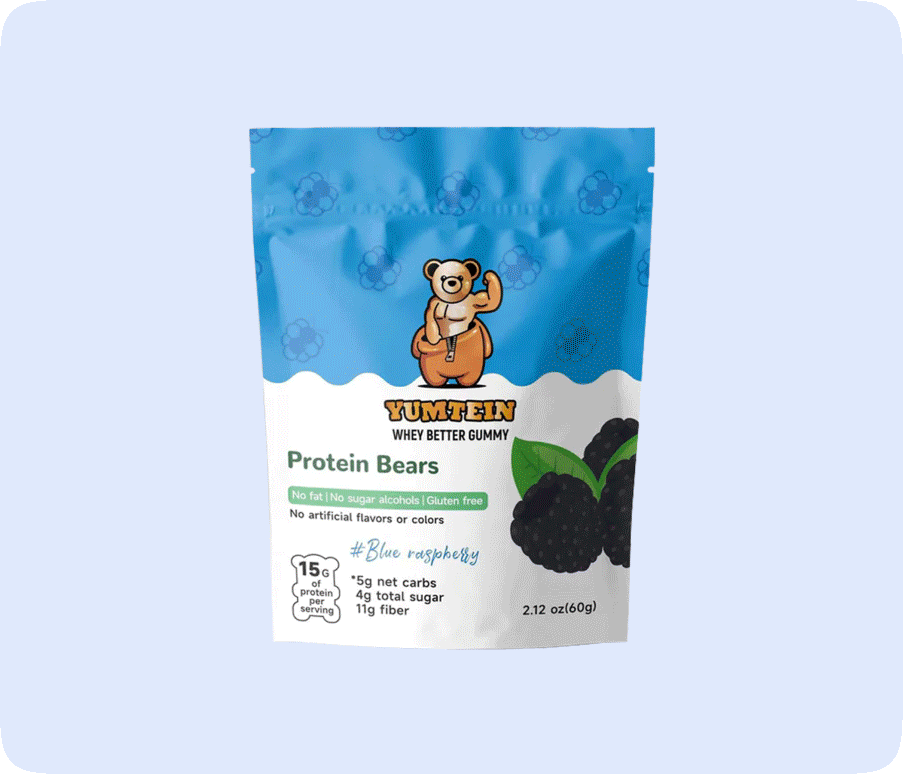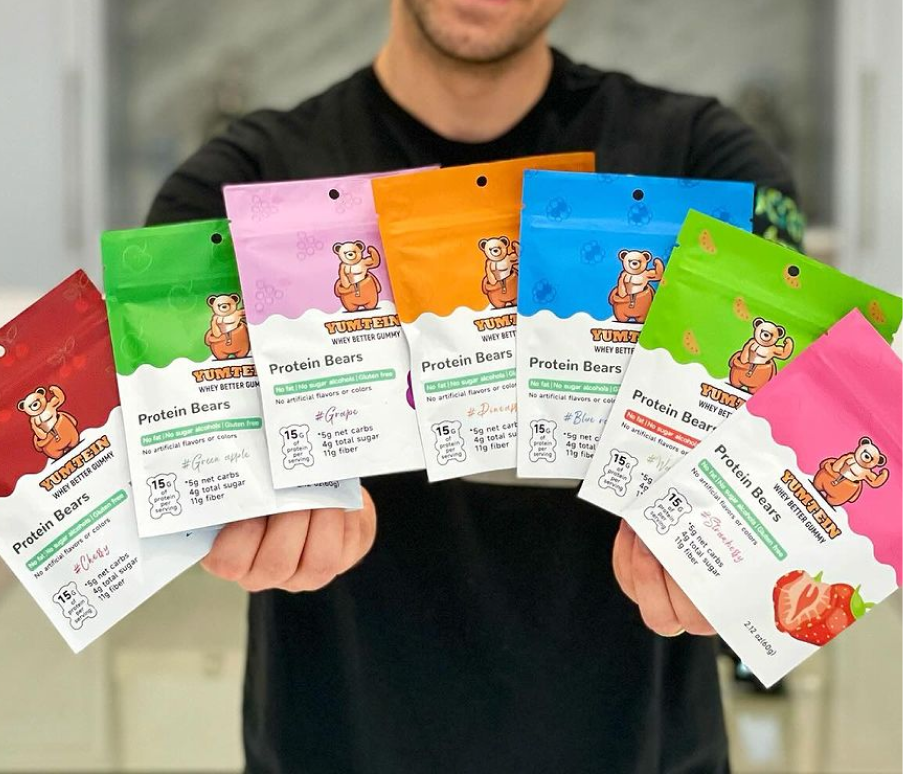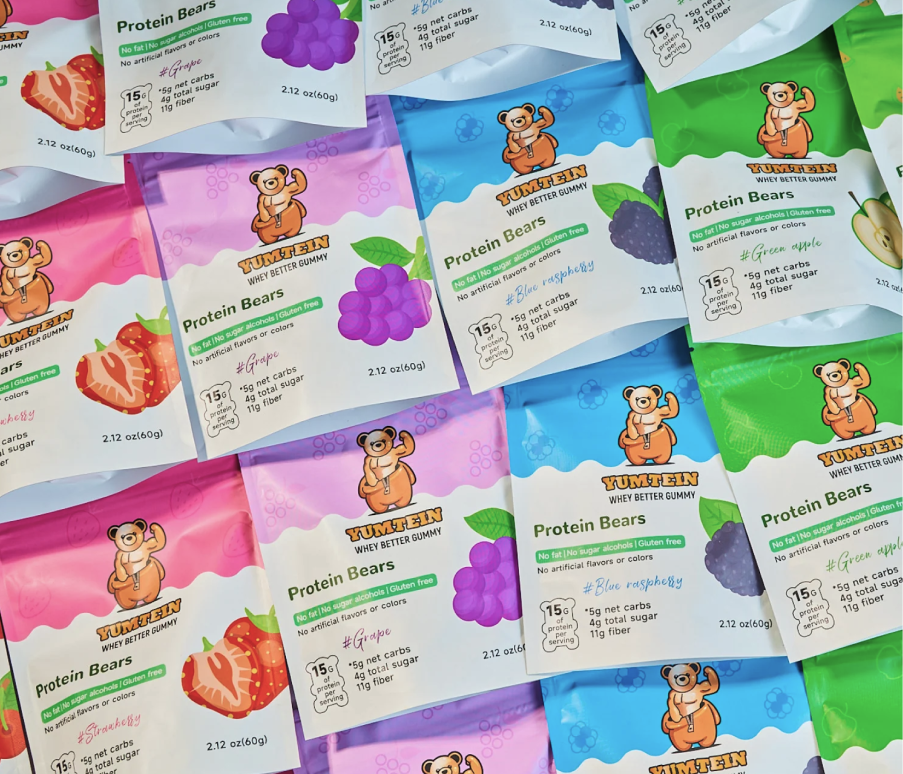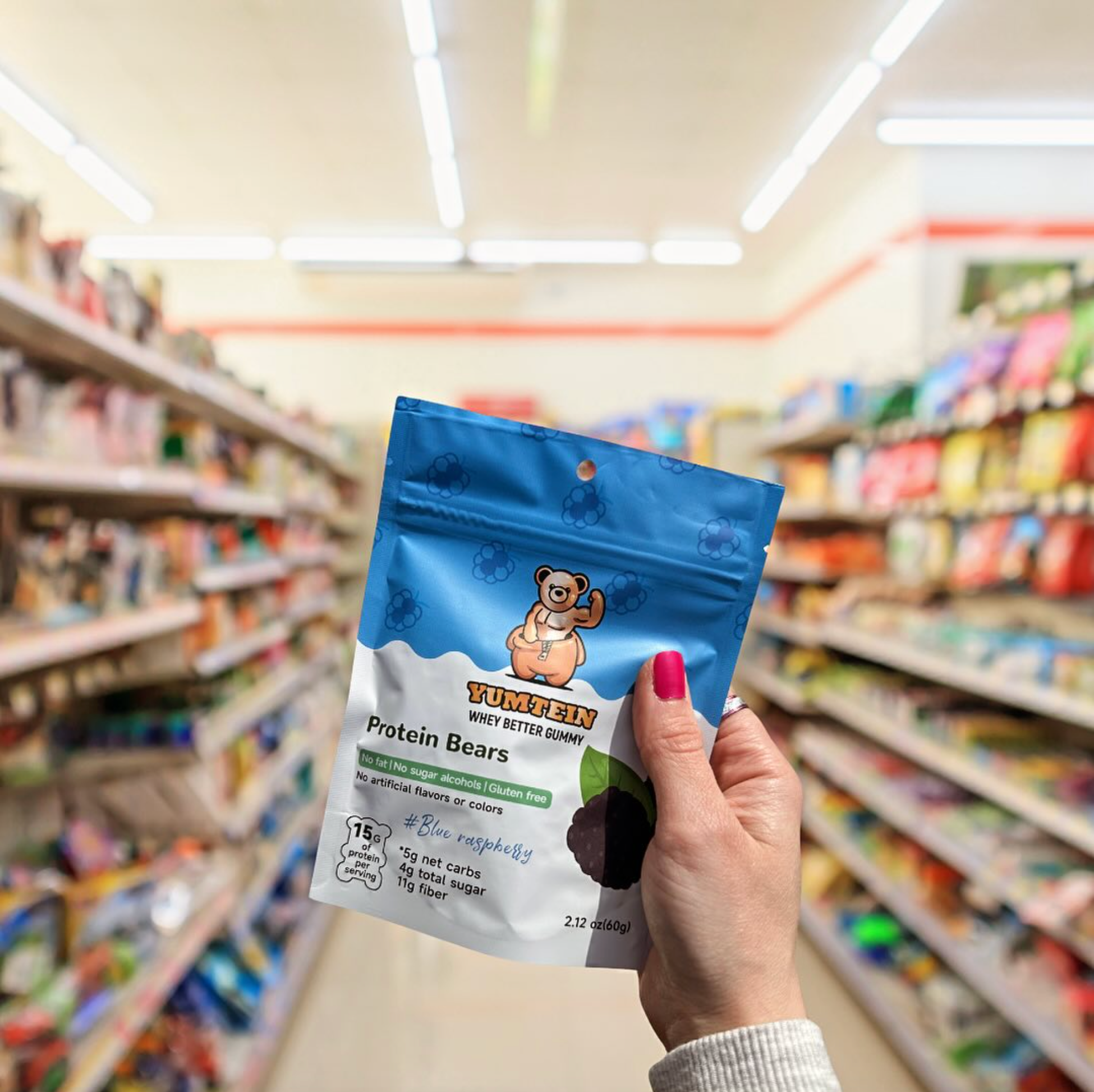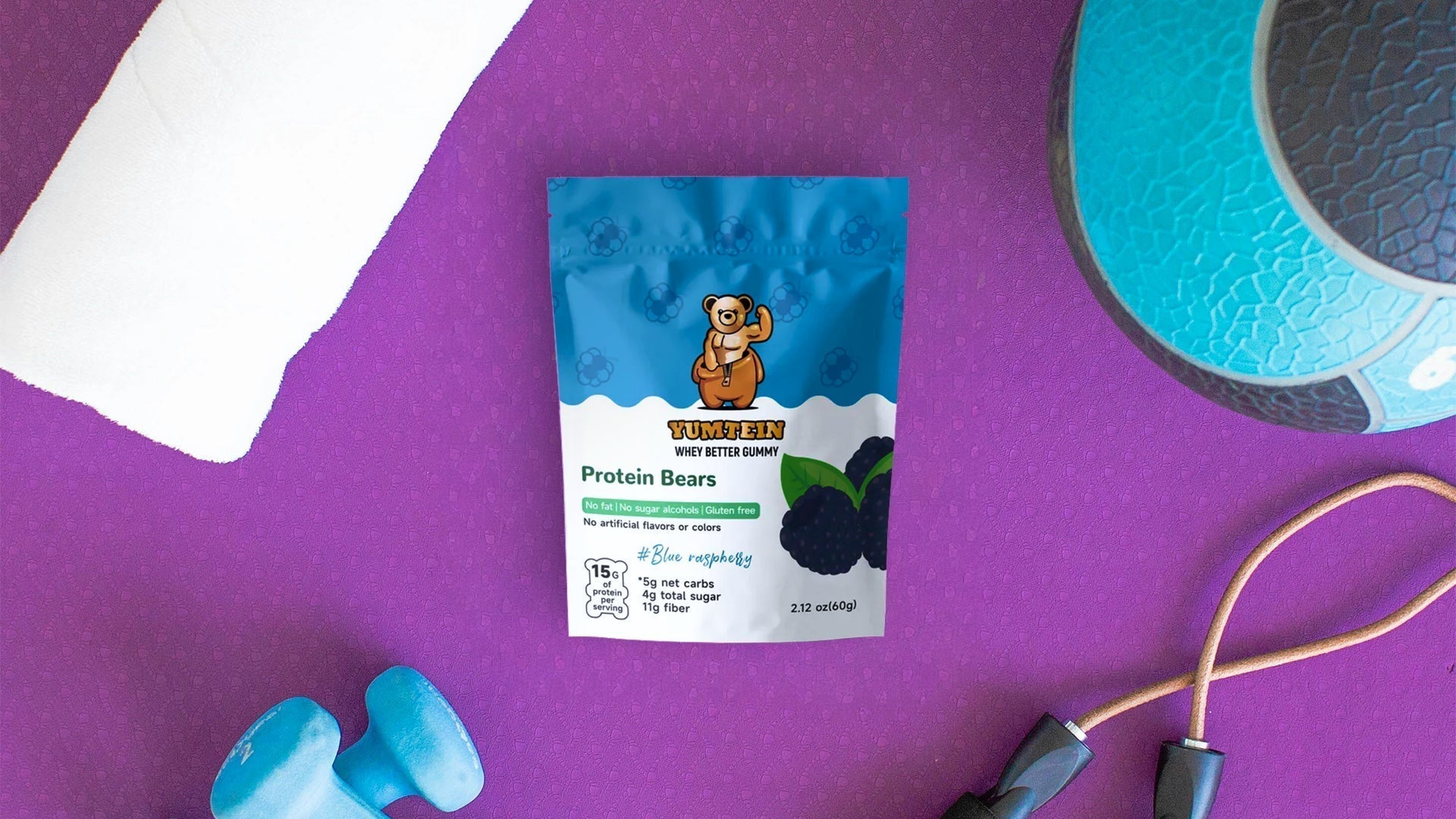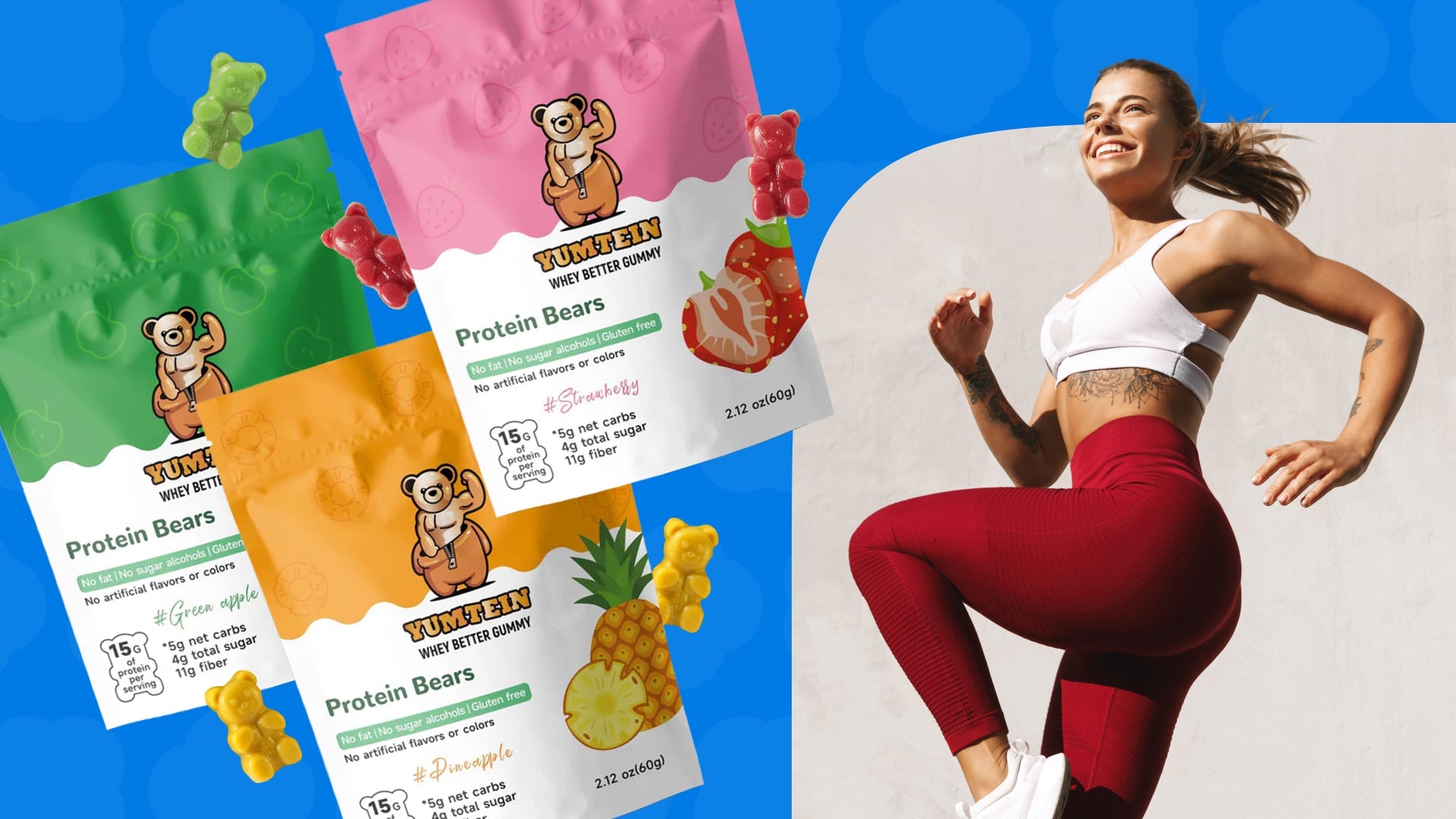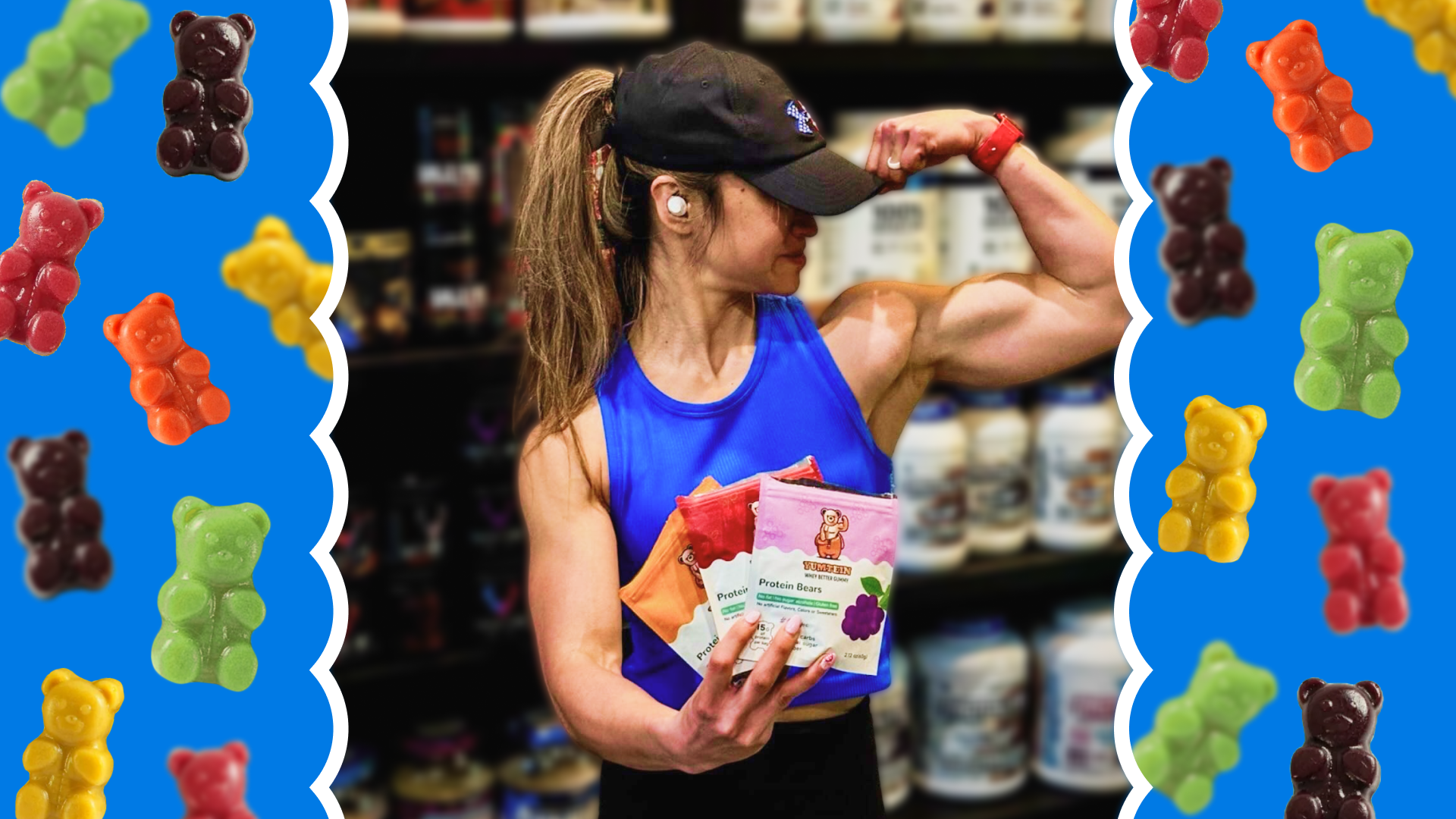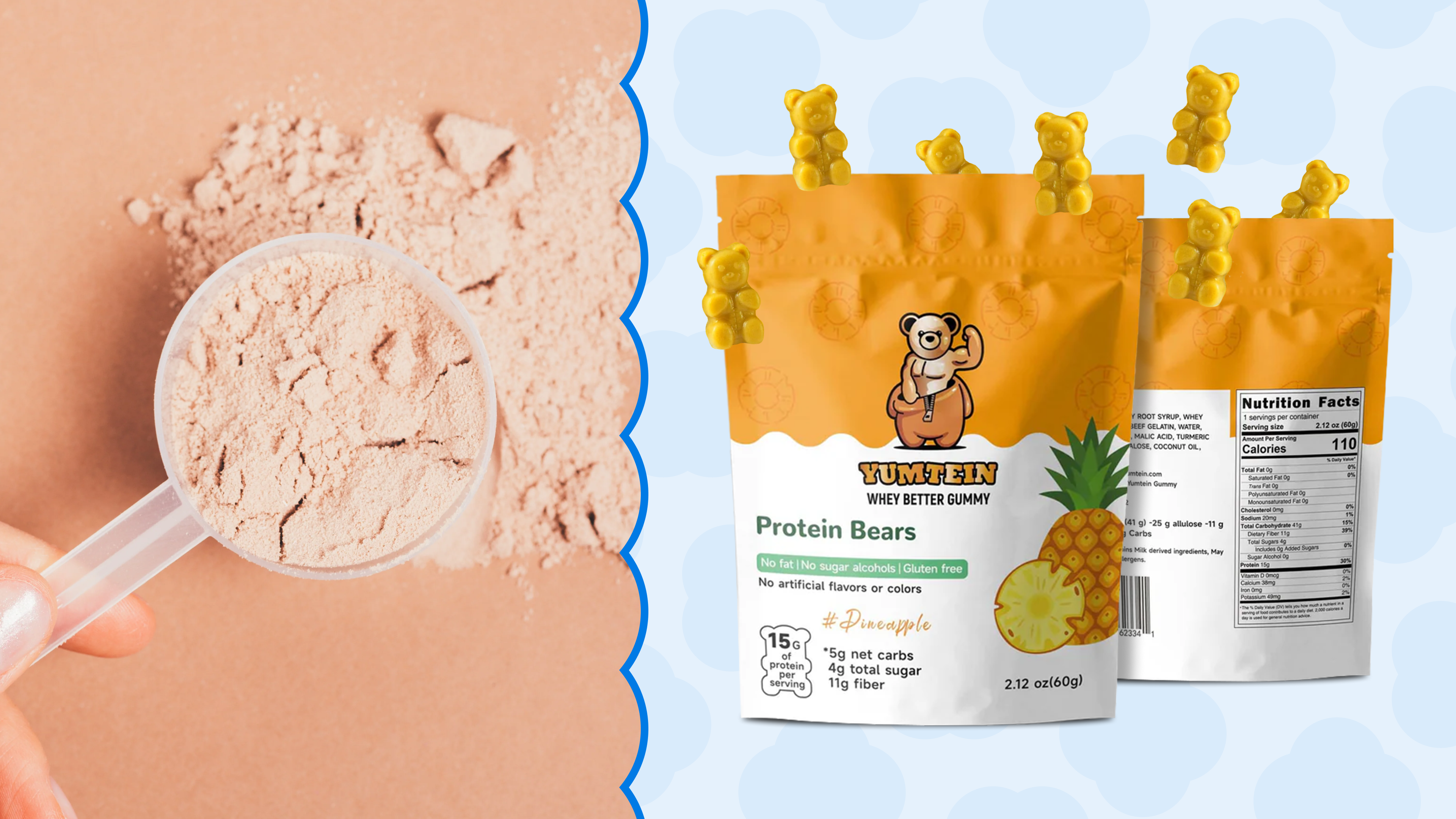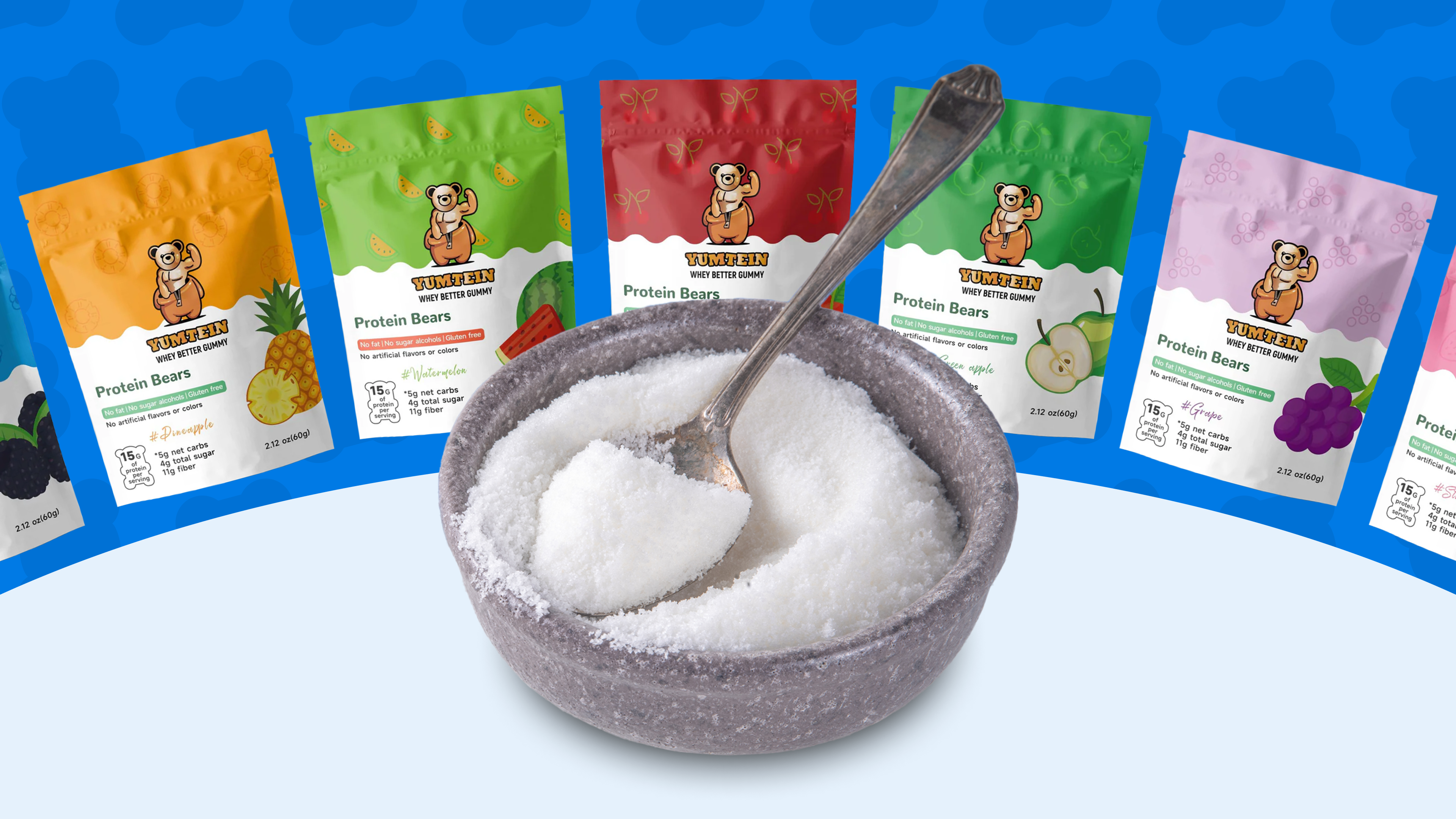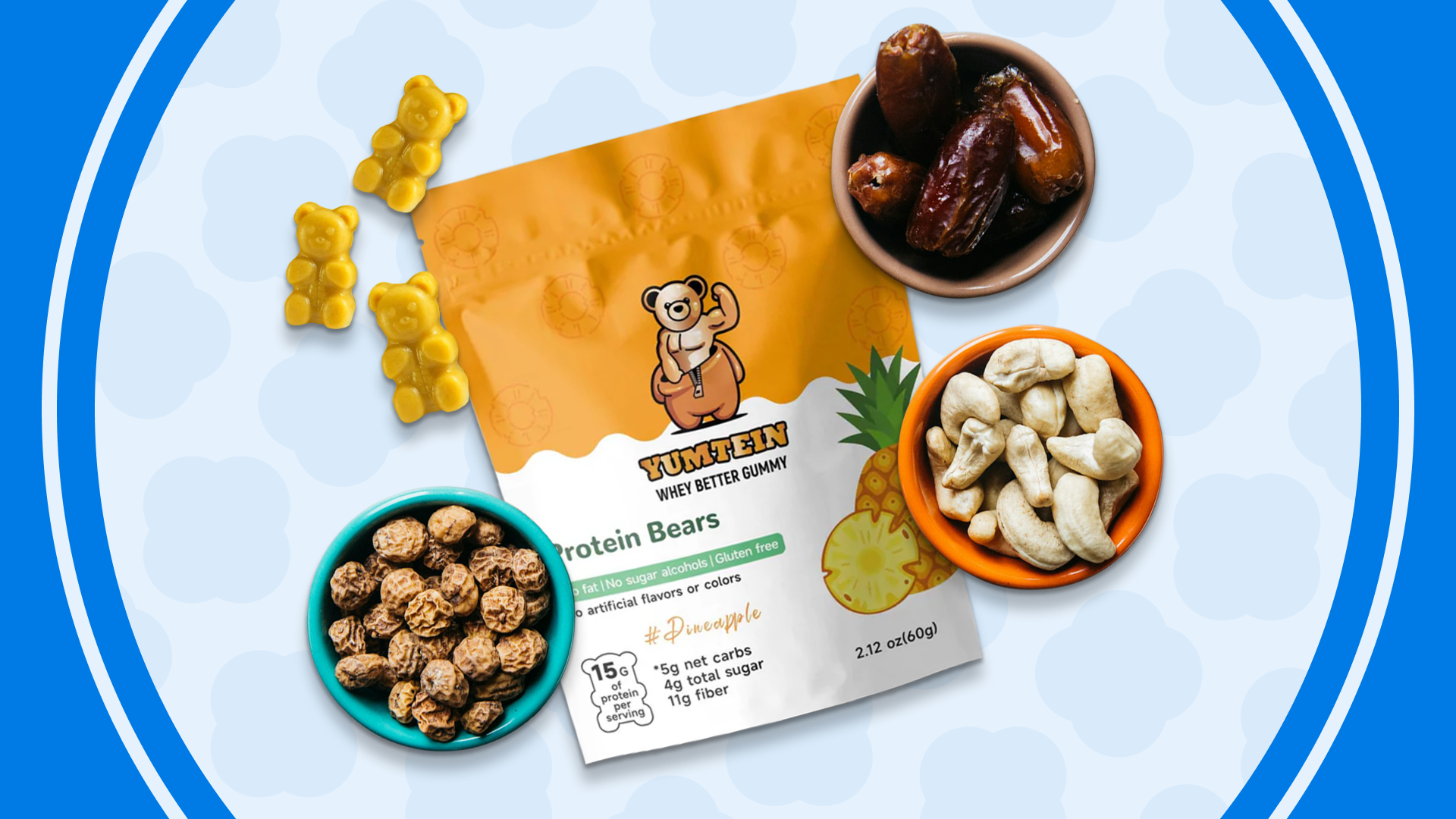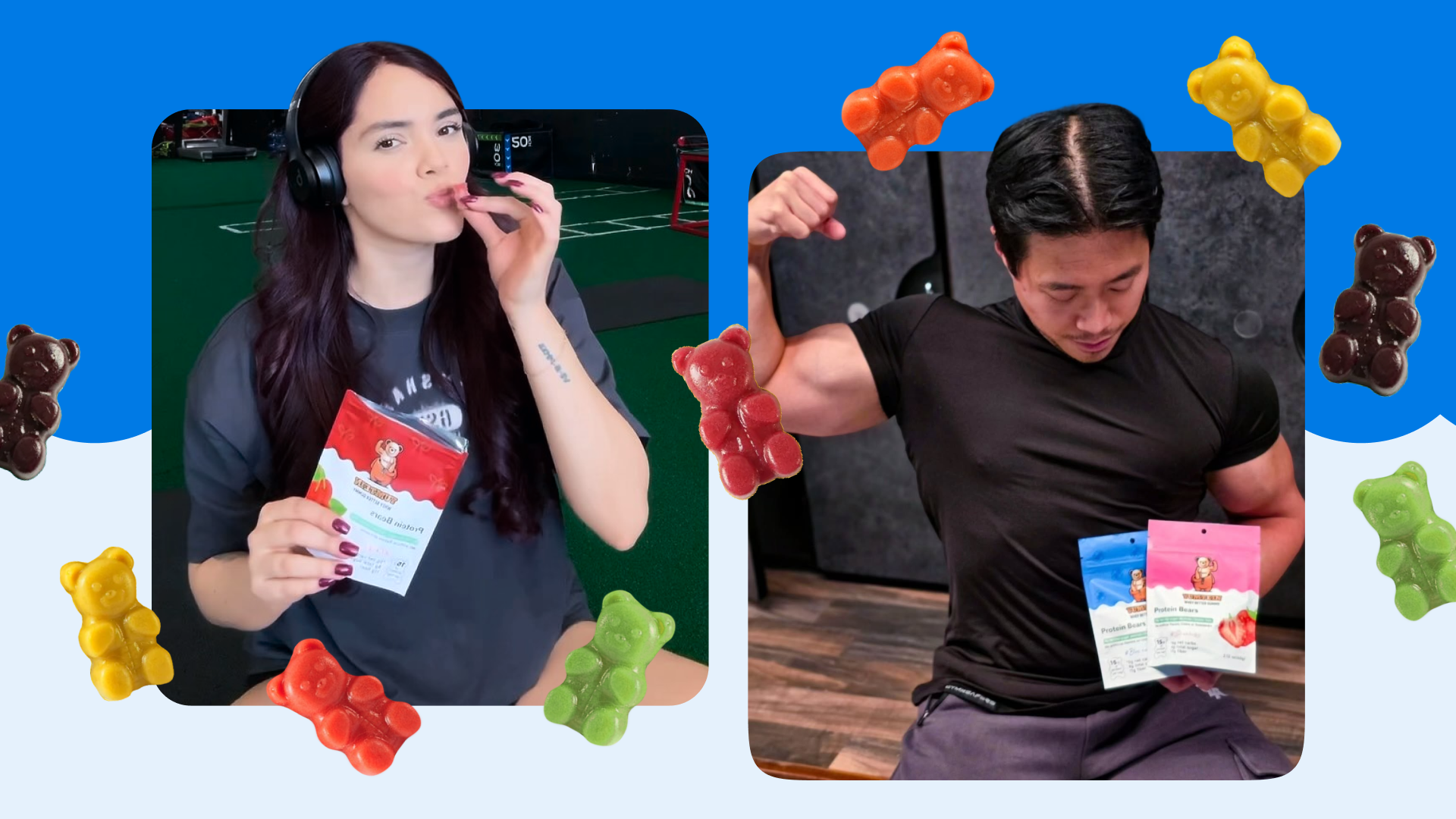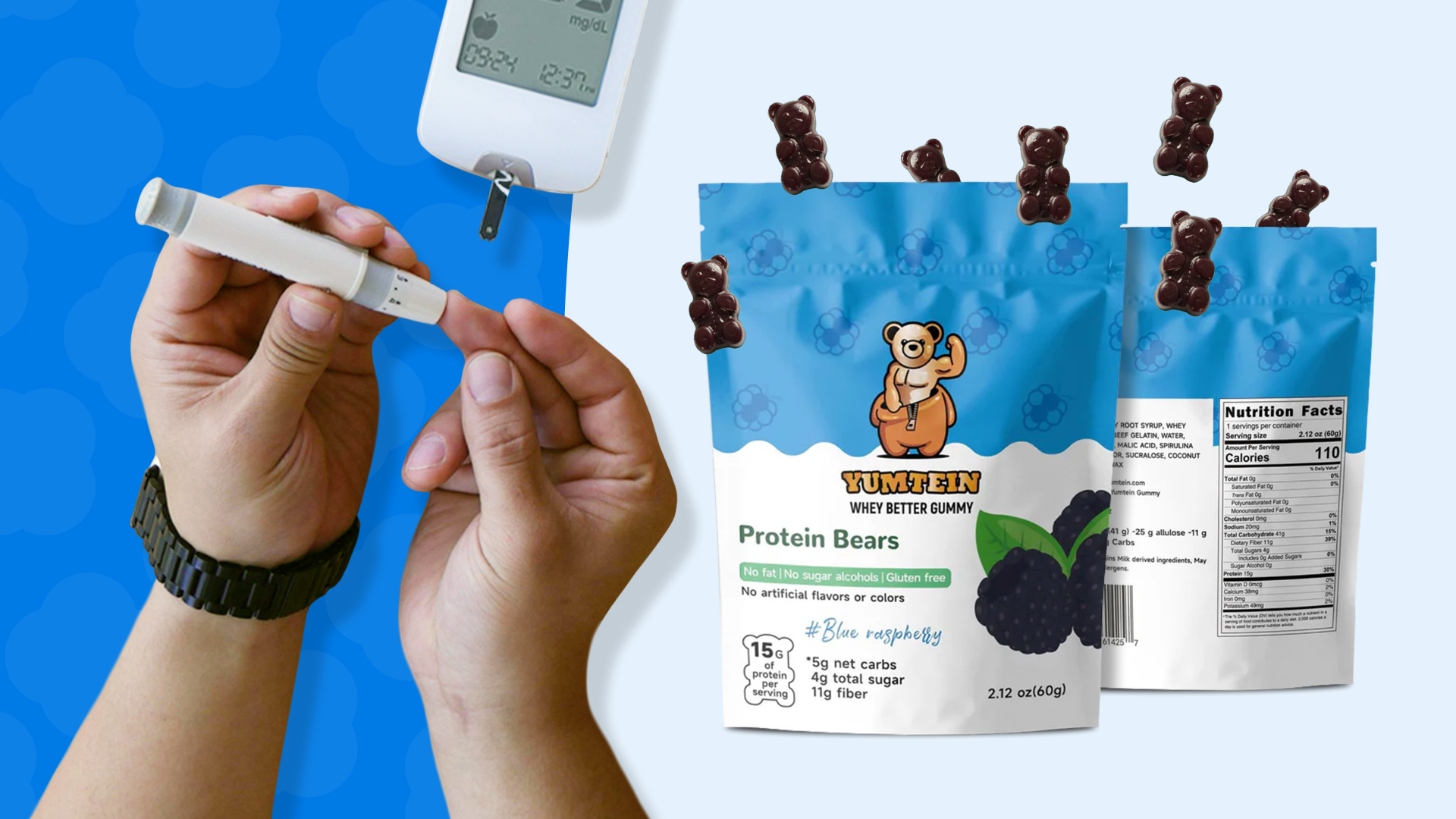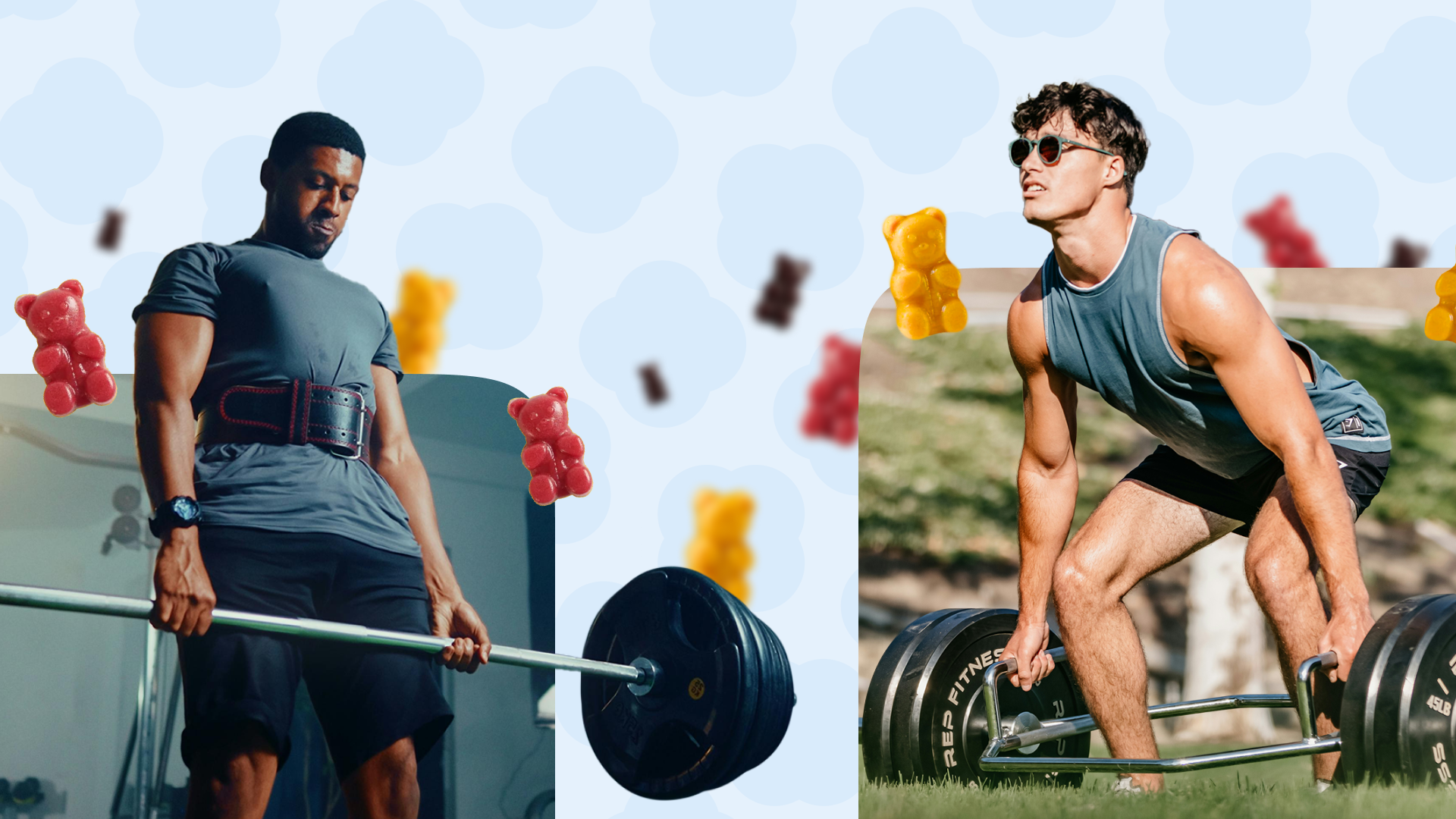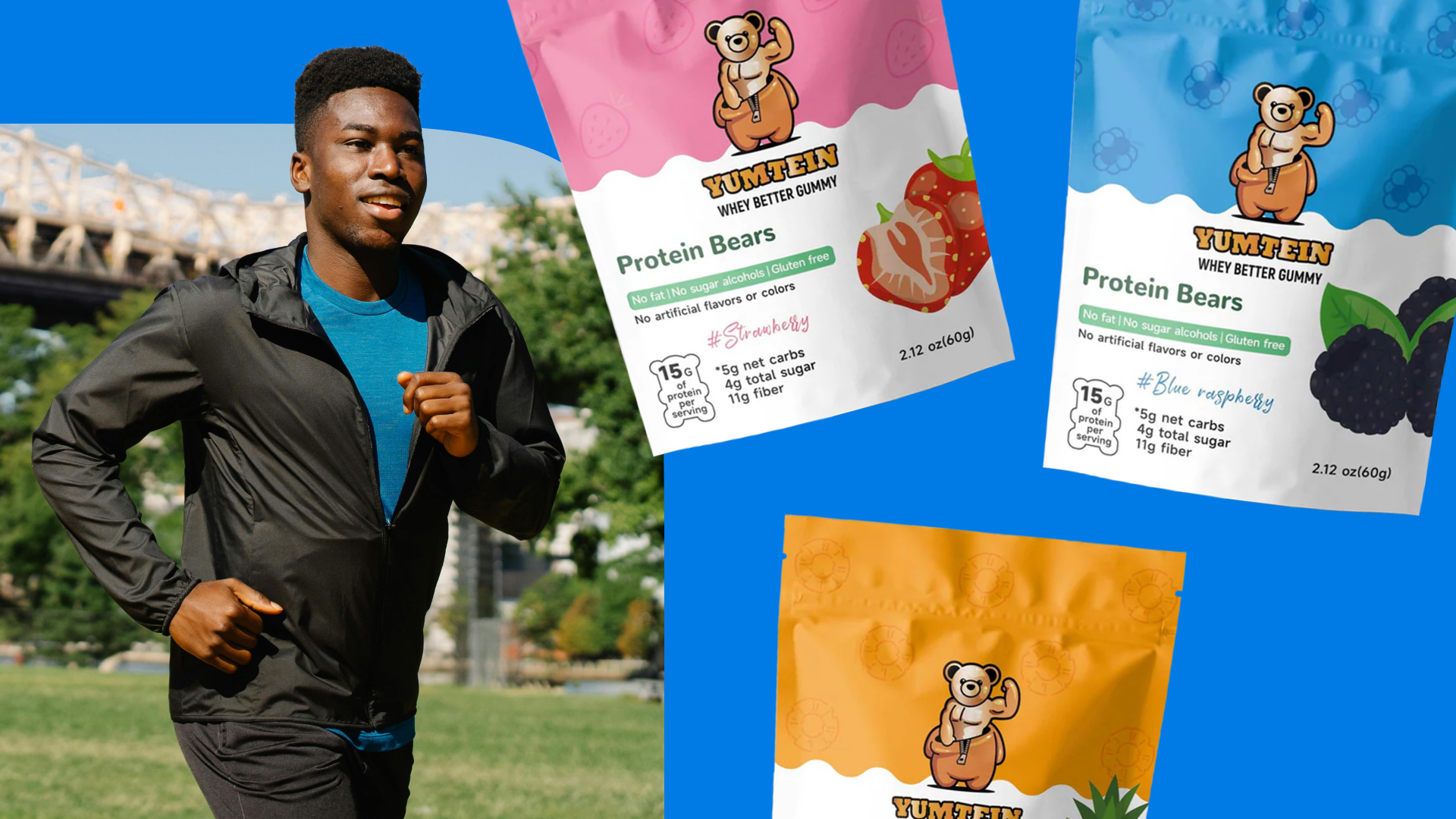7 Signs You’re Not Getting Enough Protein
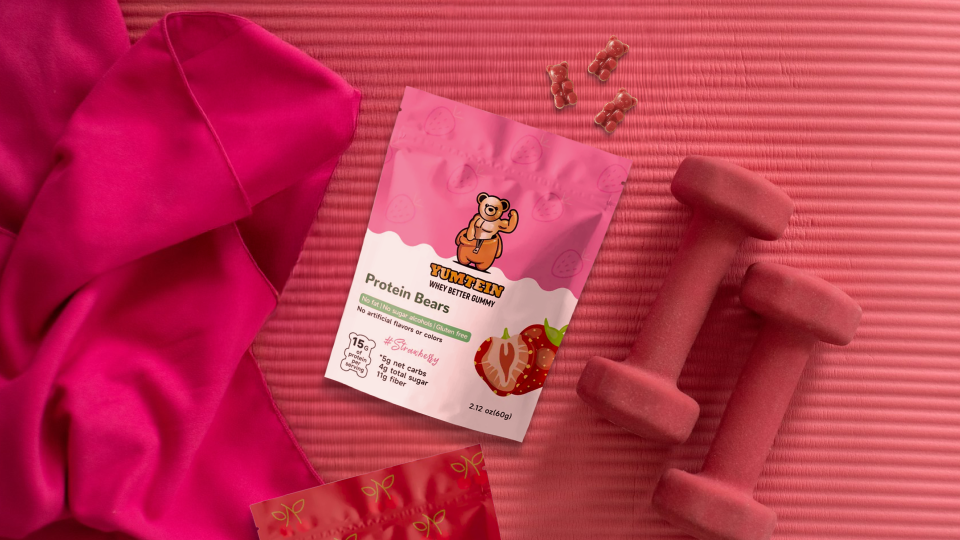
Protein supports muscle repair, strengthens bones, supports healthy skin, and plays a part in hormone balance and immune health. Your body uses protein constantly, which means you need a steady supply from your diet to keep things running well.
The problem? Many people don’t get as much protein as they should if they have an active lifestyle or a busy schedule that leads to quick meals and snack foods. Over time, not eating enough protein can affect how you feel, how you recover after exercise, and even how you look.
In this article, we’ll explore the most common signs of protein deficiency, explain how low protein intake can affect your skin and bones, and share simple ways to boost your daily intake through whole foods and Yumtein products.
What Are The Most Common Signs Of Low Protein Intake?
You might be eating less protein than your body actually needs and not even realize it. When you don’t get enough, your body will start sending you signals, sometimes in subtle ways and sometimes in ways you can’t ignore.
Here are 7 signs to watch for that may mean it’s time to add more protein to your diet:
1. You feel tired more often
A steady energy level throughout the day partly depends on having enough protein. When your intake is too low, your body may break down muscle tissue for fuel. This can leave you feeling worn out even after a good night’s sleep. Over time, low protein levels may also affect your ability to concentrate and stay alert during work, exercise, or daily tasks.
2. You recover slowly after exercise
After a workout, your muscles need amino acids from protein to repair and rebuild. When you don’t have enough, recovery can take longer than it should. That means more soreness, more stiffness, and a greater chance of skip workouts because your body doesn’t feel ready. Athletes, fitness enthusiasts, and even people with physically demanding jobs often need extra protein to keep their recovery on track.
3. You feel hungry soon after meals
Protein helps you feel satisfied after eating. If you notice you’re hungry not long after a meal, it could be a sign your plate is lacking this important nutrient. Meals that rely mostly on carbs and fats can cause quick spikes and drops in blood sugar, which lead to more cravings and extra snacking throughout the day. More protein in your meals can help keep you full for longer and reduce the temptation for constant grazing.
4. Your skin, hair, or nails look weaker
Your appearance can reveal signs of protein deficiency. Protein is needed for collagen and keratin, two building blocks for healthy skin, hair, and nails. Without enough, your hair may become thinner, your nails may feel more brittle, and your skin may lose its natural firmness or become more prone to dryness and irritation. Over time, these changes can be noticeable and may not improve until your protein intake increases.
5. You’re losing muscle mass
If the number on the scale is dropping but your body feels less toned or firm, you might be losing muscle instead of fat. Protein helps preserve muscle mass during weight loss and supports strength even when you’re not actively trying to bulk up. Too little protein forces your body to break down muscle tissue for energy, which can affect both appearance and physical performance.
6. You get sick more often
Protein supports your immune system, which helps your body produce antibodies and immune cells. When you don’t get enough, your ability to fight off infections can be affected. This may mean you catch colds more often or take longer to recover when you do get sick. A steady protein supply keeps your immune defenses ready to respond.
7. You notice bone or joint discomfort
Protein is essential for maintaining strong bones and healthy connective tissue. When protein intake is low, bone density may decrease over time, which can lead to aches, discomfort, and a higher risk of injury. For active people or older adults, this can become a serious concern, especially if other nutrients like calcium and vitamin D are also lacking.
How Does Not Eating Enough Protein Affect Your Skin And Bones?
Your skin relies on protein for elasticity and structure. Without it, collagen production slows, leading to visible changes like fine lines, dryness, or a tired appearance. Protein also plays a role in the repair of skin cells, which means wounds or irritation may take longer to heal when intake is too low.
Bones also depend on protein for strength. It works alongside minerals like calcium to maintain bone density and structure. When protein intake is consistently below what your body needs, bones can weaken over time, and joints may feel less supported during movement. This is especially important for people in physically demanding jobs, athletes, and anyone at higher risk for bone loss as they age.
Bottom Line
Your body has a way of telling you when it’s missing important nutrients, and protein is no exception. Fatigue, slow recovery, constant hunger, changes in skin and hair, and reduced muscle or bone strength can all point to low protein intake.
You can make small adjustments, like eating more protein-rich foods and selecting convenient options like Yumtein. These changes help you support energy levels, protect muscles and bones, and keep your body strong and healthy.
For more information and products that can help increase daily protein, take a look at Yumtein's line up.
